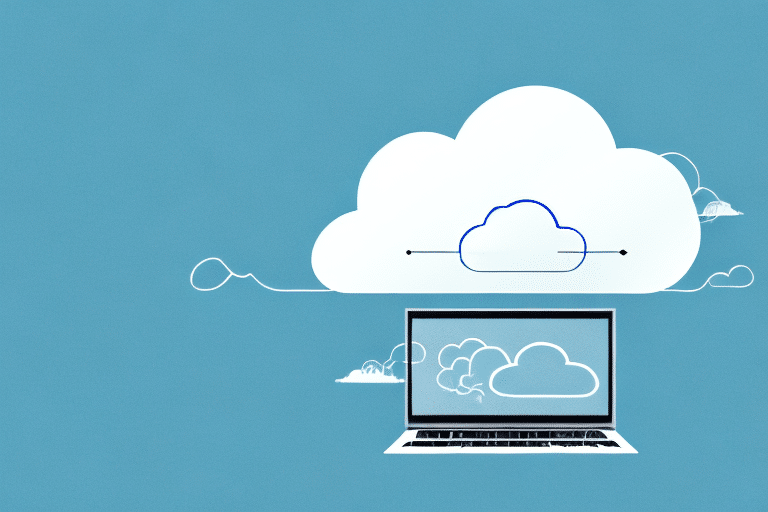In the era of digital transformation, data has become the new currency, empowering businesses to make data-driven decisions and gain valuable insights. The rise of Big Data on Google Cloud Platform (GCP) has opened up endless possibilities for organizations to harness the potential of massive datasets. However, with the abundance of data comes the responsibility of ensuring robust data security and privacy measures. In this article, we will explore the world of data security and privacy in Big Data on GCP, understanding the challenges, best practices, and the human impact of safeguarding our digital treasure trove.
1. The Significance of Data Security and Privacy
1.1 The Data Revolution: How Big Data is Changing the Game
The advent of Big Data has revolutionized how businesses operate. The ability to collect, store, and analyze vast amounts of data offers unparalleled opportunities for innovation and growth. However, this data revolution also brings challenges concerning data security and privacy.
1.2 The Importance of Data Security and Privacy
Data is a valuable asset for businesses and individuals alike. Data breaches and privacy violations can have severe consequences, including financial losses, reputational damage, and even legal liabilities. Safeguarding data integrity and privacy is crucial for maintaining trust with customers, complying with regulations, and preserving the confidentiality of sensitive information.
2. The Challenges of Data Security in Big Data on GCP
2.1 The Complexity of Big Data Ecosystems
Big Data environments can be complex, involving multiple systems and data sources. This complexity presents challenges in implementing consistent security measures across the entire ecosystem.
2.2 Data Volume and Velocity
Handling massive data volumes and real-time data processing requires robust security measures to prevent unauthorized access and potential breaches.
2.3 Data Sharing and Collaboration
Data sharing and collaboration are essential for deriving insights from Big Data. However, it also poses risks related to data exposure and misuse.
3. Understanding Data Privacy in Big Data on GCP
3.1 Complying with Privacy Regulations
Data privacy regulations like GDPR (General Data Protection Regulation) and CCPA (California Consumer Privacy Act) demand organizations to protect individuals’ personal data and ensure transparent data handling practices.
3.2 Balancing Data Utility and Privacy
While preserving data privacy is crucial, it is essential to strike a balance between privacy concerns and data utility for effective data analytics.
4. Data Security and Privacy Best Practices in Big Data on GCP
4.1 Encryption at Rest and in Transit
Implementing encryption ensures data remains secure both when stored and when transmitted between different components of the Big Data ecosystem.
4.2 Access Controls and Authentication
Applying strict access controls and multi-factor authentication safeguards data from unauthorized access, reducing the risk of data breaches.
4.3 Anomaly Detection and Monitoring
Employing anomaly detection and continuous monitoring of data activities helps detect suspicious behaviors and potential security breaches in real-time.
4.4 Data Masking and De-Identification
Data masking and de-identification techniques protect sensitive information while still enabling data analysis and research.
5. GCP Security Features for Data Privacy
5.1 Google Cloud IAM (Identity and Access Management)
IAM allows organizations to manage access controls and define permissions for users and service accounts.
5.2 Google Cloud Data Loss Prevention (DLP)
DLP helps identify and protect sensitive data, ensuring compliance with data privacy regulations.
5.3 Google Cloud Security Command Center
The Security Command Center provides a unified view of security risks across GCP, enhancing data security monitoring and management.
6. The Human Impact of Data Security and Privacy
6.1 Building Trust with Customers
Robust data security and privacy practices build trust with customers, strengthening brand reputation and customer loyalty.
6.2 Empowering Data Owners
Data owners feel empowered knowing their data is protected, leading to increased willingness to share data for research and analytics purposes.
6.3 Protecting Personal and Sensitive Information
Data security and privacy measures safeguard personal and sensitive information, preserving individuals’ privacy and preventing identity theft.
7. The Future of Data Security and Privacy in Big Data on GCP
7.1 Advancements in Security Technologies
Continuous advancements in security technologies will further enhance data protection and resilience against evolving threats.
7.2 Emphasis on Ethical Data Handling
Data ethics will play a more significant role in guiding organizations to ensure responsible data handling practices that respect individuals’ privacy rights.
Conclusion
As Big Data continues to drive innovation and transform industries, data security and privacy take center stage in the digital landscape. Safeguarding our digital treasure trove on Google Cloud Platform (GCP) requires a proactive approach, combining robust security practices and privacy measures. By prioritizing data security and privacy, organizations can build trust with their customers, empower data owners, and protect personal information. As technology evolves, so will data security and privacy practices, ensuring a safer and more secure digital future for businesses and individuals alike.





